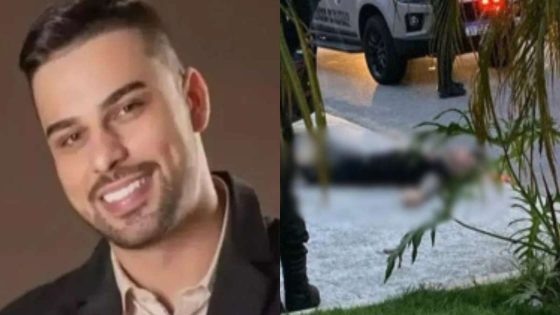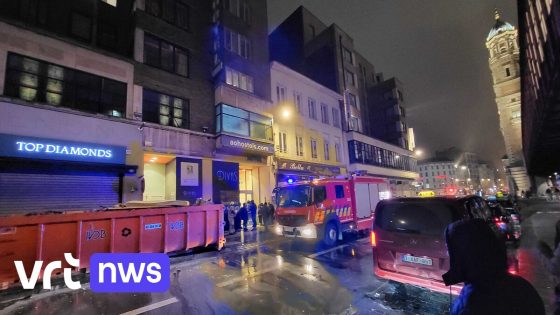On February 24, 2025, Diogenes Archangel-Ortiz took a York County hospital hostage, resulting in the death of West York police officer Andrew Duarte and injuries to several others. The incident has raised questions about mental health support following the recent death of Archangel-Ortiz’s loved one at UPMC Memorial.
- Diogenes Archangel-Ortiz killed a police officer.
- Grief may have influenced his violent actions.
- Healthcare system described as "crumbling."
- Mendoza emphasizes need for mental health support.
- ICU staff experienced severe trauma during siege.
- Call for community support and systemic change.
The hostage situation at UPMC Memorial unfolded after Archangel-Ortiz experienced personal loss just days prior. Reports indicate he had a history of mental health challenges and previous threats against individuals close to him. This context raises concerns regarding the adequacy of mental health resources available to patients and their families during crises.
Key details include:
- Archangel-Ortiz was involved in a standoff with police that resulted in one fatality.
- The ICU staff were taken hostage while facing life-threatening danger.
- A physician assistant noted that Archangel-Ortiz displayed signs of grief during his interactions with medical personnel.
Lester Mendoza, the physician assistant who interacted with Archangel-Ortiz, emphasized the need for better support systems within healthcare. He described how he connected with Archangel-Ortiz over shared experiences of loss before the violent incident occurred. Mendoza’s reflections highlight systemic issues affecting both patients and healthcare providers alike.
This tragic event underscores critical gaps in mental health services and community support mechanisms. It serves as a reminder that improving these systems is essential to prevent future incidents fueled by despair and isolation.
The events surrounding the hostage situation at UPMC Memorial reveal profound implications for understanding grief and mental health within the healthcare framework. Addressing these challenges will require collective effort from communities to foster supportive environments for those experiencing trauma.































